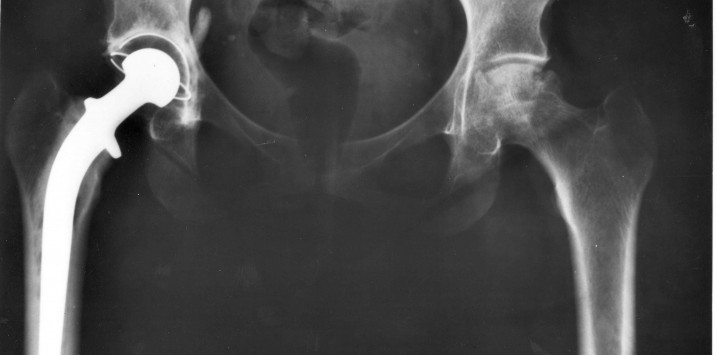
U.S. Health Care System
This article provides interesting context for Resmed and the reimbursement bidding process (extract of key paragraphs below)
Jaime Rosenthal, a senior at Washington University in St. Louis, called more than 100 hospitals in every state last summer, seeking prices for a hip replacement for a 62-year-old grandmother who was uninsured but had the means to pay herself. The quotes she received might surprise even hardened health care economists: only about half of the hospitals, including top-ranked orthopedic centers and community hospitals, could provide any sort of price estimate, despite repeated calls. Those that could gave quotes that varied by a factor of more than 10, from $11,100 to $125,798.
Ms. Rosenthal’s grandmother was fictitious, created for a summer research project on health care costs. But the findings, which form the basis of a paper released on Monday by JAMA Internal Medicine, are likely to fan the debate on the unsustainable growth of American health care costs and an opaque medical system in which prices are often hidden from consumers.
There are many caveats to the study. Most patients — or insurers — never pay the full sticker price of surgery, because insurance companies bargain with hospitals and doctors for discounted rates. When Ms. Rosenthal balked at initial high estimates, some hospitals produced lower rates for a person without insurance.
View Entire article here.
This post was contributed by a representative of Montgomery Investment Management Pty Limited (AFSL No. 354564). The principal purpose of this post is to provide factual information and not provide financial product advice. Additionally, the information provided is not intended to provide any recommendation or opinion about any financial product. Any commentary and statements of opinion however may contain general advice only that is prepared without taking into account your personal objectives, financial circumstances or needs. Because of this, before acting on any of the information provided, you should always consider its appropriateness in light of your personal objectives, financial circumstances and needs and should consider seeking independent advice from a financial advisor if necessary before making any decisions. This post specifically excludes personal advice.
INVEST WITH MONTGOMERY
Its funny isn’t it that for most things we’d get a ‘quote’ BUT my context is an ’emergency’, the place is Au and the person has top private health cover.By emergency I mean a ‘bleed on the brain’; two bleeds in two weeks with later resulting in the drilling of a couple of burr holes to relieve the pressure. Now this process – and subsequent rehab- began on 27th December and the person in question will be going home at the end of this week. OK, the person has top health cover but I have no idea what the cost of the neurosurgeon or the physician is – yet. I’ve seen a couple of hospital only billsand they are 5 figures.
What I do know is that the hospital/specialist admitted the patient was discharged too early the first time(too many specialists on Xmas holidays) and then after the second visit the hospital was keen to discharge the patient to another rehab hospital as quickly as possible (even though this private hospital also offers rehab)….it was all about cost, benefits each fund pays, and the economics of it all as the private hospitals are now run as a business. An unsuspecting consumer in a private health funds has no idea how this works – and it may not serve them as well as it should unless they know how the ‘system’ can work best for them. Seems like we’re moving towards the American system; heaven forbid!